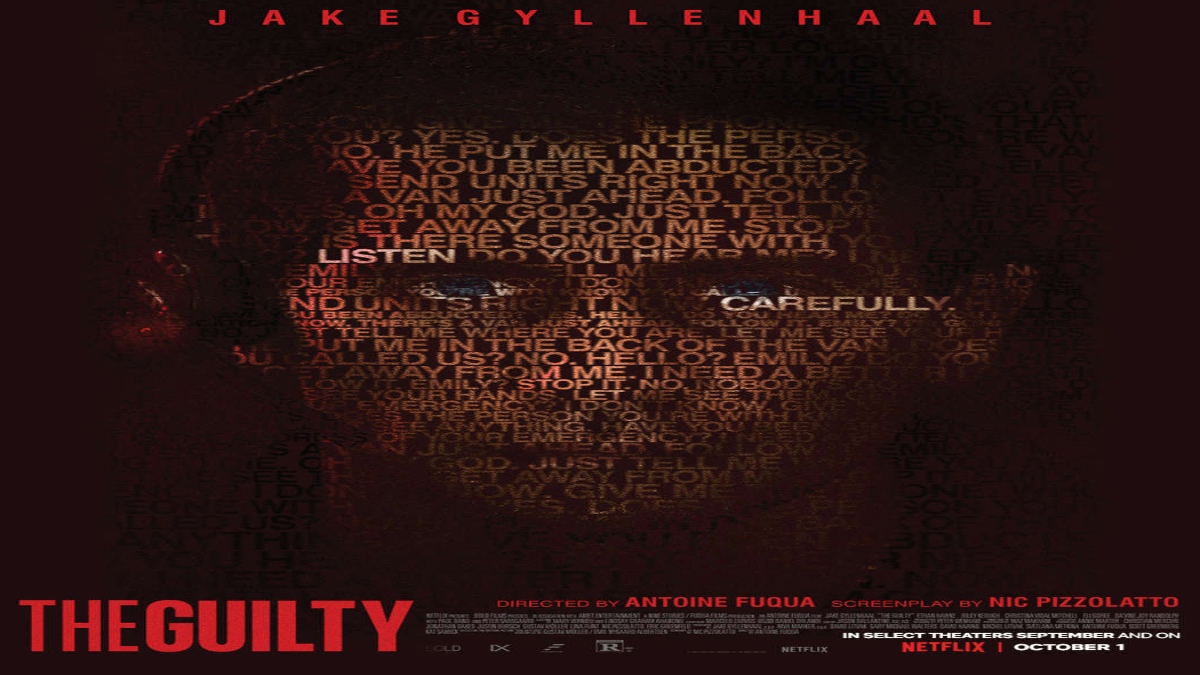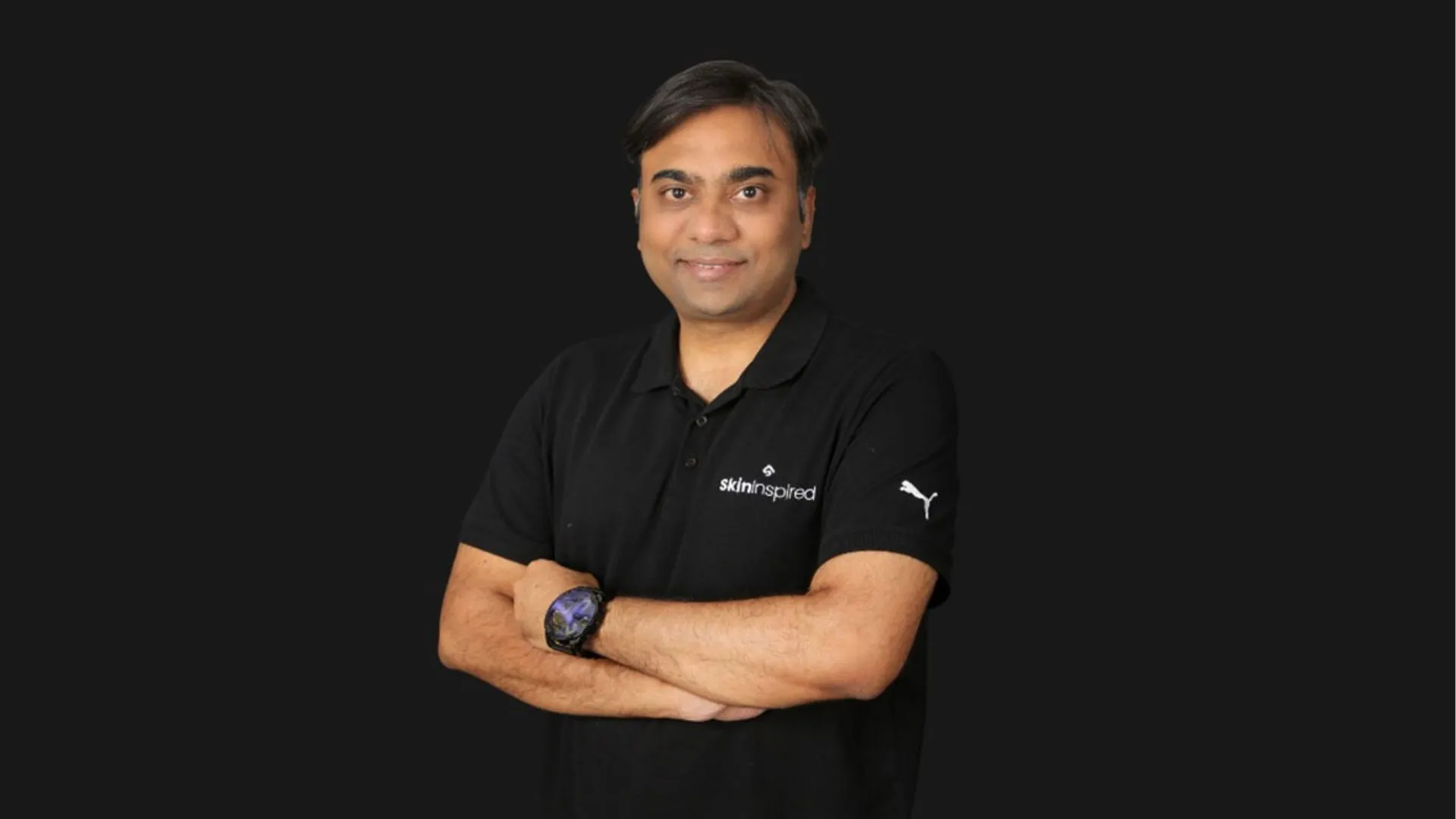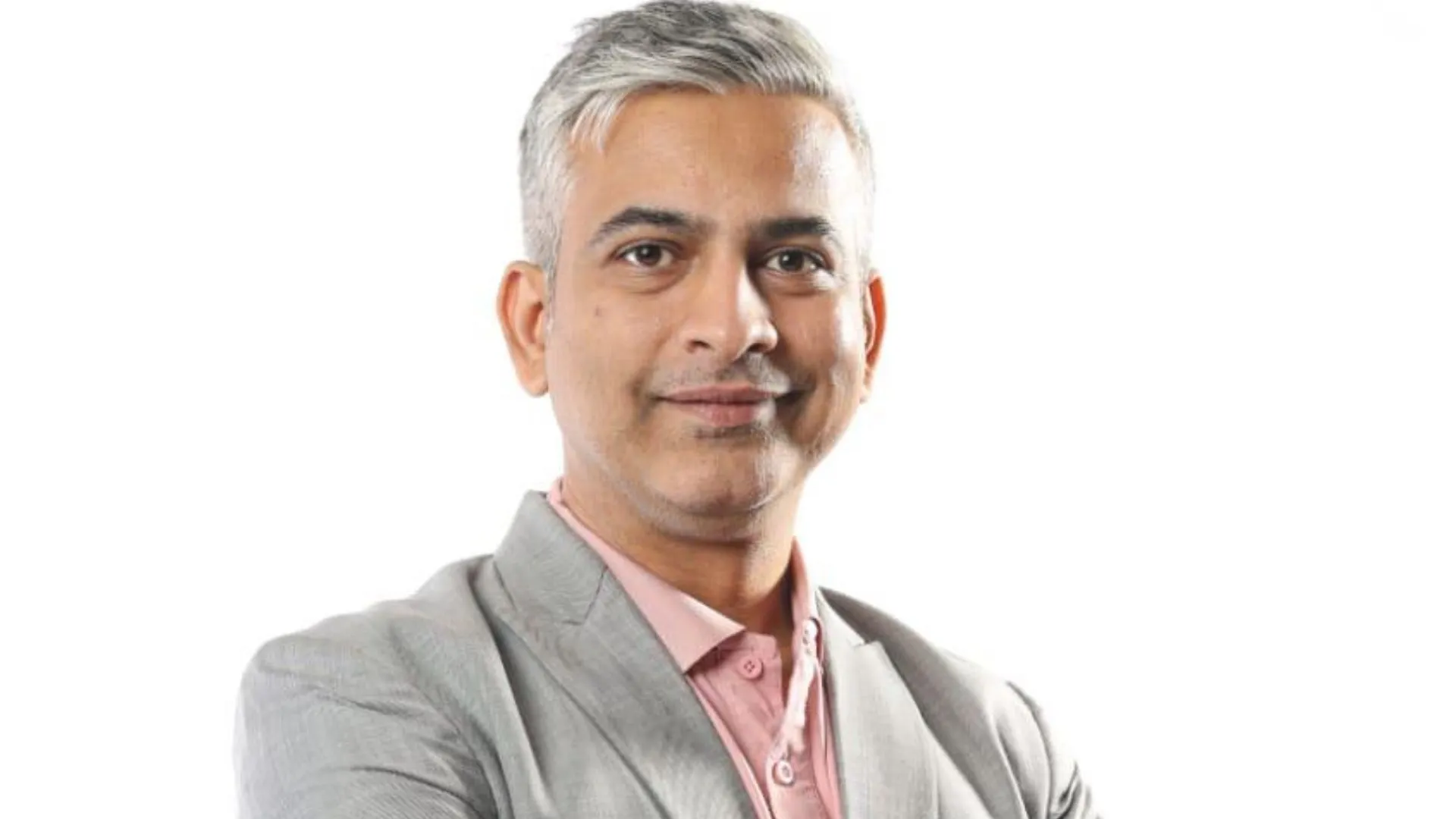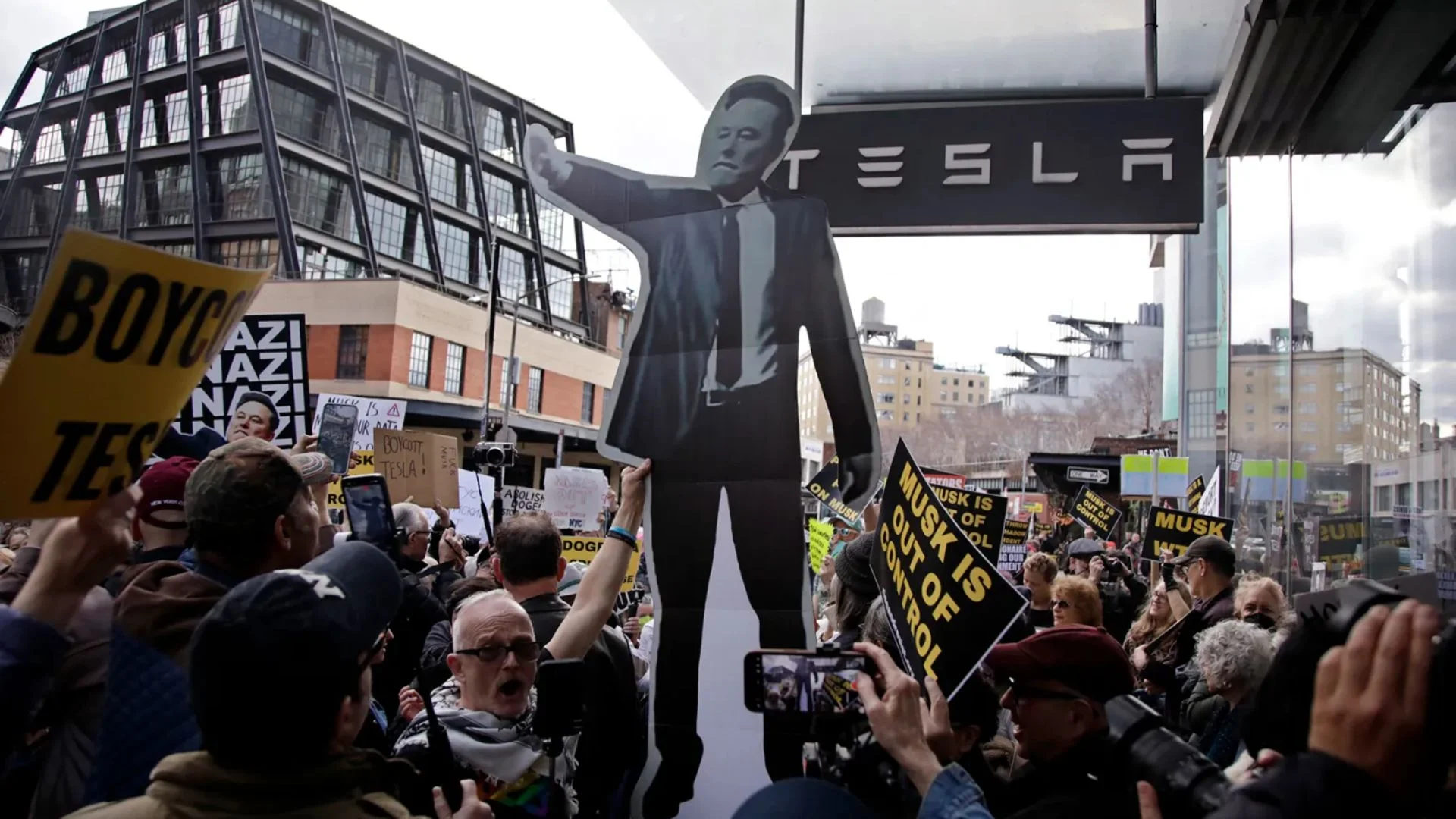There is something about close-ups that make them more powerful than any other shot in cinema. Yes, we all love those scenic long shots but when the legendary Swedish filmmaker Ingmar Bergman said that the “correctly illuminated, directed and acted close-up of an actor is and remains the height of cinematography,” he was absolutely spot on. In all his films, Bergman emphatically examined the human face as an instrument to reach out to our innermost thoughts and feelings. Perhaps, there is no better example of the power of close-ups than his 1966 masterpiece Persona wherein the master Swedish filmmaker uses the intense close-ups of the faces of Liv Ulmann and Bibi Anderson to dazzling effect. One really needs to watch the film to understand why he has described the human face to be the “most important subject of the cinema.” A more recent film, Shirin (2008), directed by the Iranian master Abbas Kiarostami, unfolds through the close-ups of the faces of the women watching a theatrical representation of a Persian poem from the twelfth century Khosrow and Shirin. A hundred and fourteen famous Iranian theater and cinema actresses and a French star are mute spectators and all we see are the changing emotions on their faces as they watch the show. Another great example of the power of close-ups is American filmmaker Peter Bogdanovich’s 1985 film Mask, which won its lead Cher the Best Actress award at Cannes, with Bogdanovich mostly relying on close-ups.
Antoine Fuqua’s latest film The Guilty which recently had its world premiere at the Toronto International Film Festival also mostly relies on the close-ups of its lead actor’s face to tell its story. Jake Gyllenhaal plays a demoted police officer, Joe Baylor, assigned to a call dispatch desk overwhelmed with calls in connection to a large wildfire in the Hollywood Hills. When Joe, who is awaiting trial for an unspecified incident that occurred on shift eight months ago, receives an emergency phone call from a kidnapped woman he gets a little too involved for the liking of his colleagues who feel that it’s just a job and getting involved personally may result in serious repercussions. To make the matter worse, Joe is also being hounded by an LA Times reporter asking for a statement about his impending trial. Now, except for brief moments during the beginning and climax, The Guilty stays with Joe. Except for a couple of his colleagues at the call center, we don’t get to see anyone. But, we do get to hear the calls that Joe takes and makes.
In a deeply nuanced performance that does have its share of moments when Joe occasionally snaps, Jake Gyllenhaal succeeds in making us feel what Joe is feeling at any given moment. Now, it’s not that Gyllenhaal hasn’t acted better in his career but what’s work to his great advantage here is the film’s setting as well the writing on offer. And Fuqua makes most of the opportunity presented to him by choosing to direct the film with a certain panache and flair. In comparison, the original Danish film The Guilty (2018) on which it is based looks far less grand. But then the Danish film has some merits of its own; it certainly feels grittier and more visceral in comparison. But the remake’s great advantage is that it has a wonderful actor like Gyllenhaal as its lead (with all due respect to Jakob Cedergren who essays the part in the original).
Time and again, Gyllenhaal has demonstrated what he is capable of achieving in front of a motion picture camera. And The Guilty is no exception. In a way, he is like the great Paul Newman who brought with him a very unique combination as a star actor. The late American critic Roger Ebert perhaps summed it up best in his 2008 review of Cool Hand Luke (1967): “Could another actor than Paul Newman have played the role and gotten away with it? Of the stars at the time, I would not be able to supply one. Warren Beatty? Steve McQueen? Lee Marvin? They would have the presence and stamina, but would have lacked the smile… The smile, the innocent blue eyes, the lack of strutting… Newman as a star had a powerful unforced charisma: We liked him.”
In many ways, Gyllenhaal has the same effect on viewers. The radiant smile on his face makes him perfectly suited to the boy next door characters but the inner darkness that he is able to channelize is his big surprise element. Just think of the two characters (Edward the writer and Tony the revenge seeker) that he plays in Tom Ford’s Nocturnal Animals (2017) and you will notice how deceptively Gyllenhaal can transform himself as a performer. Gyllenhaal is again at the top of his game in The Guilty and all those close-ups work to his great advantage. I won’t be surprised if he gets nominated for his second Academy Award for The Guilty.
The Guilty is an edge-of-the-seat thriller that also served as an effective police procedural. But, above all, it reminds us how easy it is for the cops on the streets to abuse power. It is a very important film, especially with the ongoing global debate about policing in the light of the George Floyd incident. The film is set to release on Netflix on 1 October.























